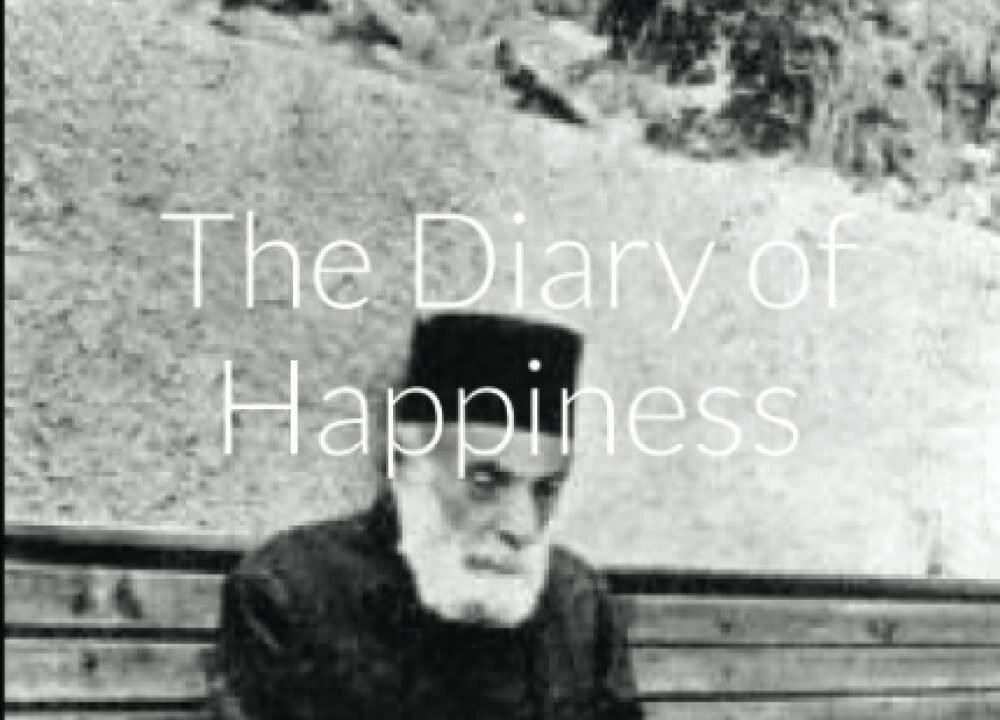I recently read the newly republished French translation of Nicolae Steinhardt’s “The Diary of Happiness“—which, as I just discovered, also exists in an English translation. This is very good news for English-speaking readers, since it’s a masterpiece on various counts.
Translations of this work are to be desired, since there are not many readers who can easily understand the original Romanian text. I can easily imagine how challenging the task of translating it must be. It’s a longish book, but makes for a compelling read.

